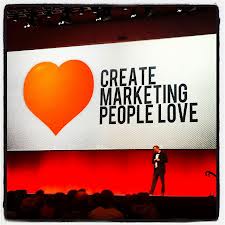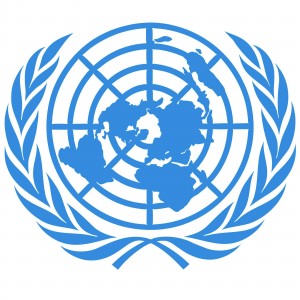Danny Brown’s blog post on “Why Context Marketing is nothing new” explains what context marketing is and why it is not a new trend. I found it very useful. I realized that marketing is not all about emphasizing products’ points of differences; it is about selling right goods at the right moment. For instance, as Brown said in the blog, posting stationary advertisements right before school year starts could bring beneficial results to the company.
I also noticed what Tamar said in class was true. Branding is not everything; marketers must understand customers’ needs well in order to be successful. Context marketing perfectly displays this. Marketers know when customers will look for certain products in a certain time through numerous market researches. From that point on, they will focus on consumer’s pain in that certain time and then bombard them with advertisements through emails and social medias. In this way, companies maximize results of spending their marketing expense. Understanding your customers well is like having cheat codes on video games , it makes life be so much more easier for marketers.

Source:




 1
1
